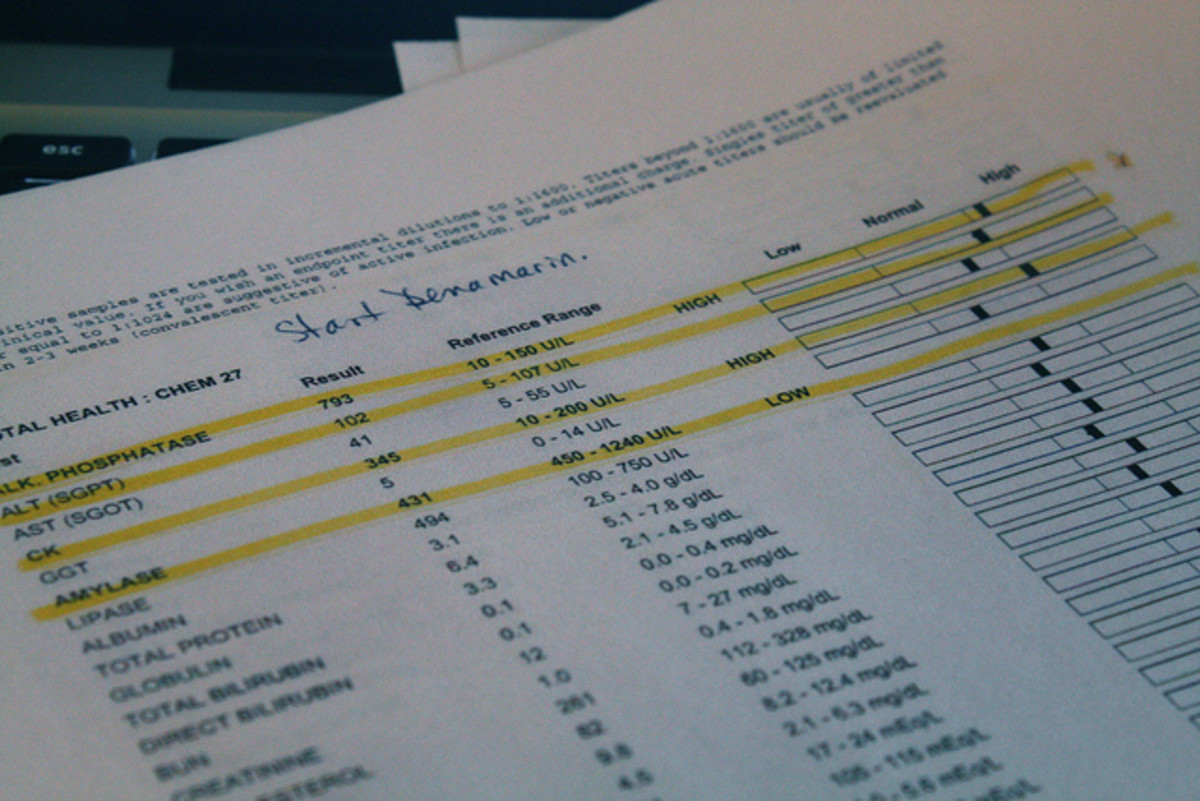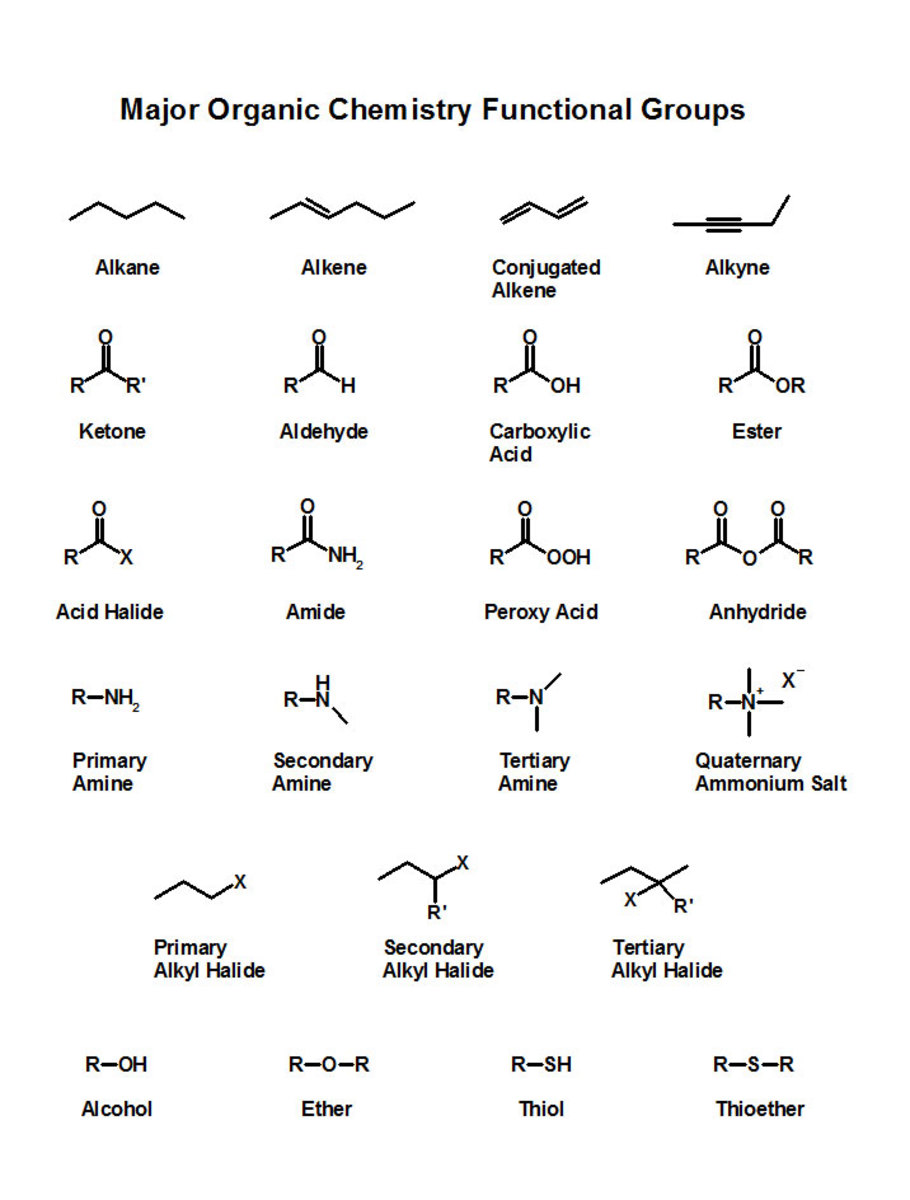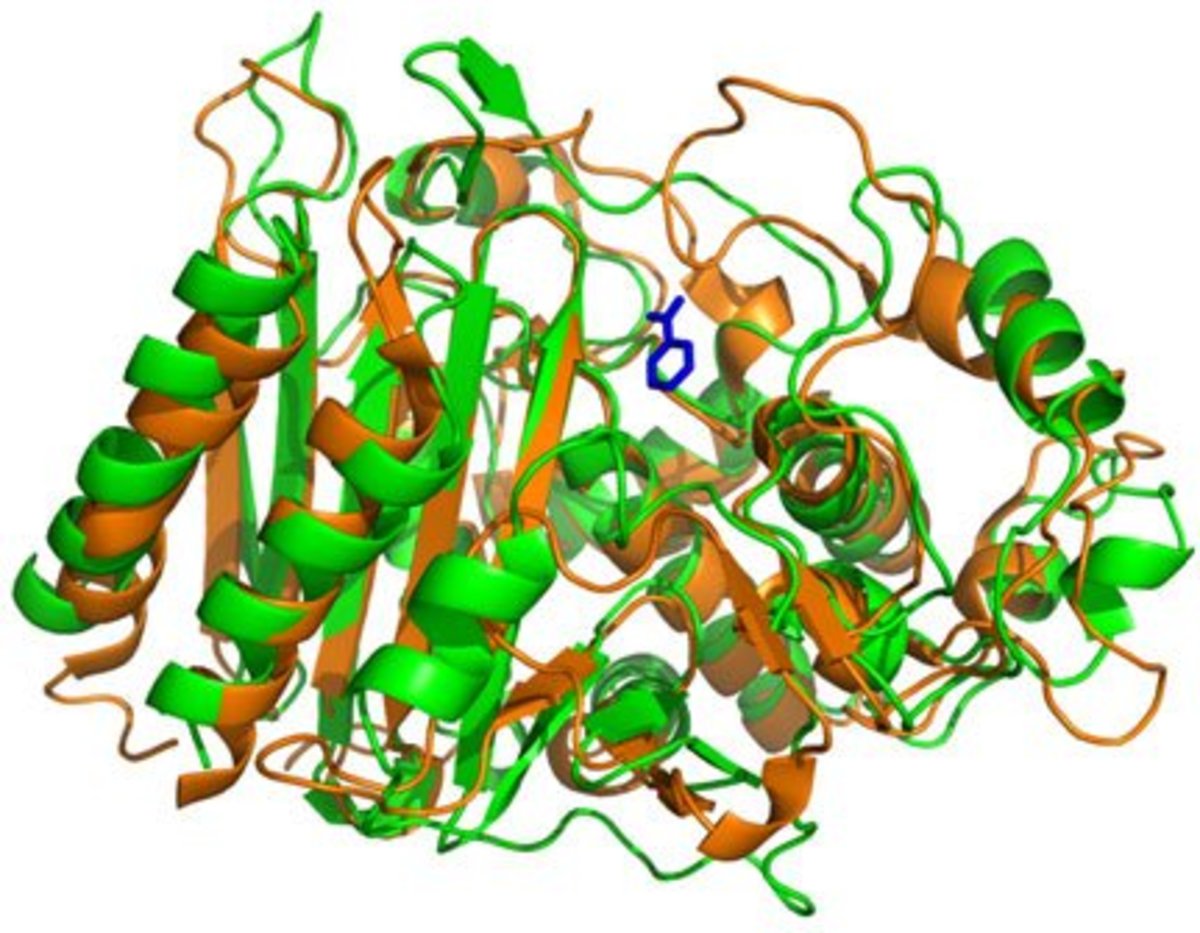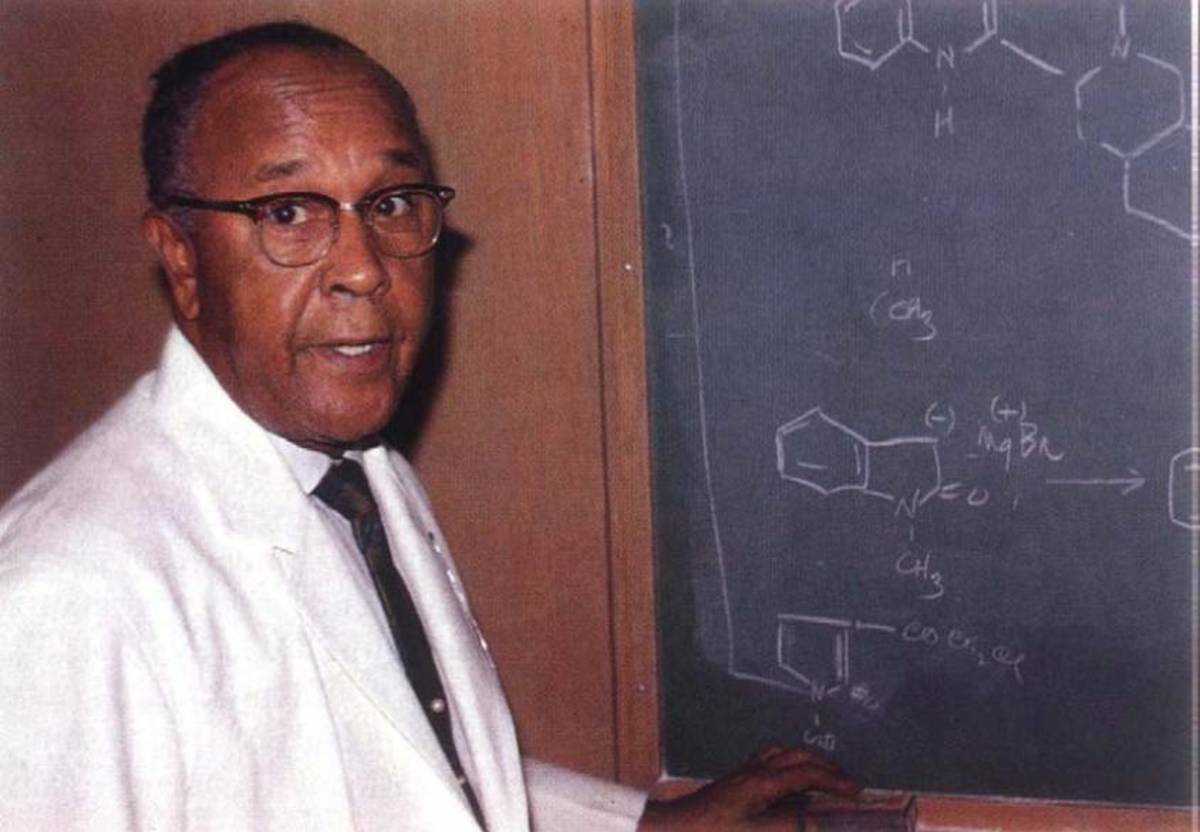Clinical Chemistry Laboratory
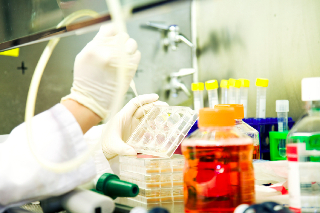
Clinical Chemistry, also known as Chemical Pathology is an area of Chemistry by which biochemical reaction are used on body fluid(blood and urine) for clinical purposes which are diagnosis and therapeusis.
Clinical Chemistry Laboratory is an automated medical laboratory where body fluid, mostly serum and plasma are analizied biochemically by a Medical Laboratory Scientists or Technician with the aim of providing accurate concentrations of substances like glucose, electrolytes, lipid, hormones etc. Physician uses result obtained from the Clinical Chemistry Lab for treatment of patients. Clinical Chemistry Laboratories are found in hospitals, Diagnostic centres and Health centers. Employees you can see in a Clinical Chemistry labs are Phlebotomist, Chemical pathologist, Medical Laboratory Scientist and Technicians etc.
UNITS IN THE CLINICAL CHEMISTRY LAB
They are various units in Clinical Chemistry Lab. Each unit are departed for a specialised duty. These unit are;
Reception/Registration
Centrifugation/Separation
Lipids
Electrolyte
Carbohydrate
Protein
Urea
Creatinine
Bicarbonate
Hormone
Reception/Registration
The sample reception and processing unit is one of the most important elements of the analytical process. If this unit is not properly organized the integrity of the complete analytical process is risked. According to researchers it was discovered that most false diagnostic result is due to an error in pre analytics stage. To avoid such error a Med. Lab. Sci. at the reception unit must follow the following procedures;
- Check whether the patient details are correctly stated.
- Check sample integrity and deciding if the sample will be accepted or rejected.
- Check whether the sample is properly collected with the correct bottle for the test specified.
Sample are sent and received from different ways, Usually in a Hospital, sample are sent from Phlebotomy department, also from wards and clinics. Some are collected directly from a patient in the Clinical Chemistry Lab by a Phlebotomist but it use to be during urgency recommended by a Physician.
To start registering the samples, a proper sample register must be made. This register must record all the relevant patient information and results of laboratory testing. This enables the possibility to verify the results and perform other quality controls. Received and registered samples are sent to centrifugation/separation unit.
Centrifugation/Seperation
In this Unit, an accepted and registered sample(blood) is sent from reception unit to undergo centrifugation and Seperation. After centrifugation the scientist/technician provides corresponding plain bottles to the sample received, this plain bottles are used to add serum or plasma that have been separated from a whole blood after centrifugation. After Separating samples in the Chemical Pathology lab the samples are sent to different units according to the laboratory test that is specified to be carried out in each samples botlles. Units like Protein, Lipid, Sugar, Hormone Bicarbonate Urea etc.
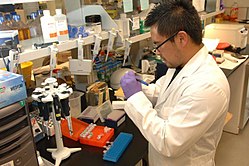
Protein
In this unit, the concentration of protein in the body is reckoned because it is indicative of nutritional and metabolic disorders and some forms of cancer.
For example, total protein and albumin levels help diagnose liver or kidney disease in addition to malnutrition. Globulin levels and the ratio of albumin to globulin can help detect infection, inflammation, autoimmune disease, and some forms of blood cancer. The name of the main test done in this unit is Serum Protein Test
Electrolyte
In this Unit in a Clinical Chemistry lab, the levels of various electrolytes such as sodium, chloride, potassium, calcium, bicarbonate, phosphorus, and magnesium in the body are measured by a device called Electrolyte Analyzer The result help diagnose some kidney and metabolic disorders. One of the functions of the kidney is regulation of electrolytes in the body so when electrolyte is evaluated, the abnormal level of it indicates kidney failure. Reduced electrolyte(sodium) also indicates oedema and heart failure
Lipid
Lipids are present different part of the body, they are the basic components of the cell membrane, they also exist as sterols such as cholesterol. In Lipid Unit, Fasting Lipid Profile(FLP) is a test that measures the level of cholesterol, triglycerides and lipoproteins. Result from FLP test helps diagnose liver and heart disease in humans.
For example, high levels of total cholesterol and triglycerides in the blood are risk factor for cardiovascular disease (CVD). High-density lipoprotein (HDL) is a good form of cholesterol which offers protection from heart disease whereas low-density lipoprotein (LDL) is a harmful form which is another risk factor for CVD.
Cabohydrate
This unit used to be the most active unit in a Clinical Chemistry labs. In this unit the blood glucose level is measured by various laboratory tests. Knowing the glucose level of a patients indicates the efficiency and effectiveness of metabolising glucose and it helps in diagnosis of endocrinological disorder such as hypoglycemia and hyperglycaemia(diabetes). The various test done in this unit are Fasting Blood Sugar(FBS), Random Blood Sugar(RBS) and Oral Glucose Tolerance Test(OGTT).
Hormone
Measurement of hormones in the body are practised in this unit. Hormones are secreted by different endocrine glands in the body for example, cortisol is a hormone secreted by the adrenal glands, thyroxine (T4) and thyroid stimulating hormone (TSH) are secreted by the thyroid gland, and follicle stimulating hormone (FSH) and growth hormones are secreted by the pituitary gland. Knowing the level of these hormones after test results in this unit indicates hyperactive or hypoactive glands. Laboratory tests done in Clinical Chemistry Lab are Prostrate Specific Antigen(PSA): it is used in diagnosis of Prostrate cancer, Follicle Stimulating Hormone test (FSH): To determine if a woman is in monopause, Thyroid Stimulating Hormone test(TSH): to diagnose hyperthyroidism or hypothyroidism and others like Prolactin test, Progesterone test etc.
Creatinine
Creatinine level is determined in this unit, Creatinine is a chemical waste product that's produced by your muscle metabolism and to a smaller extent by eating meat. It is a more specialised product of the breakdown of protein and it is useful as a longer-term marker of renal function. Serum Creatinine Test is examined in this unit. The analysis of Creatinine indicates liver disorder.
Urea
Urea is a water-soluble organic compound produced after catabolism of protein, it is excreted in urine. It is synthesised by liver which make it a good indicator of renal disorder. In the Urea unit in a Clinical Chemistry lab, Urea is reckoned. Urease Bertheloft Method of a Urea Test is practice here.
Bicarbonate
Bicarbonate is an inorganic compound and its an intermediate form in the deprotonation of carbonic acid. Bicarbonate in the body is an electrolyte with a negative ion(HCO-).It is examined like other electrolyte in the body(sodium, Potassium, Chloride). In diagnostic medicine, the blood value of bicarbonate is one of several indicators of the state of acid–base physiology in the body. It is measured, along with carbondioxide, chloride, potassium and sodium, to assess electrolyte levels in an electrolyte panel test. The method for determining the content of bicarbonate in serum or plasma is by Gasometric determination with Van Slyke manometric apparatus.
APARATUS USUALLY SEEN IN THE CLINICAL CHEMISTRY LAB
- Spectrophotometer: it is an optical instrument for measuring the intensity of light relative to wavelength.
- Colorimeter: Used to analyse and estimate the concentration of a sample.
- Refrigerator: for preservation by refrigerating samples.
- Bottles: eg ETDA bottle, Floride Oxalate bottle, Heparin bottle, Plain bottle etc. For containing samples after collection.
- Freezer: For preservation by freezing samples.
- Photoelectric Centrifuge: for spinning samples for separation.
- Electrolyte Analyzer: for analysis of electrolytes level
- Others: pipettes, conical flasks, cylinders test tubes etc
SAFETY PRECAUTIONS THAT MUST BE FOLLOWED IN A CLINICAL CHEMISTRY LAB
- Ensurance of knowing how to control all the medical equipment in the laboratory.
- Dress code must be obeyed: wear lab coat, well arranged hair, gloves, long pant, neat shoe etc.
- No eating of food or snacks in the Clinical Chemistry Lab.
- All equipment must be well arranged.
- Laboratory waste must be disposed properly.
- The Clinical Chemistry Lab must be swept and mobbed regularly.

